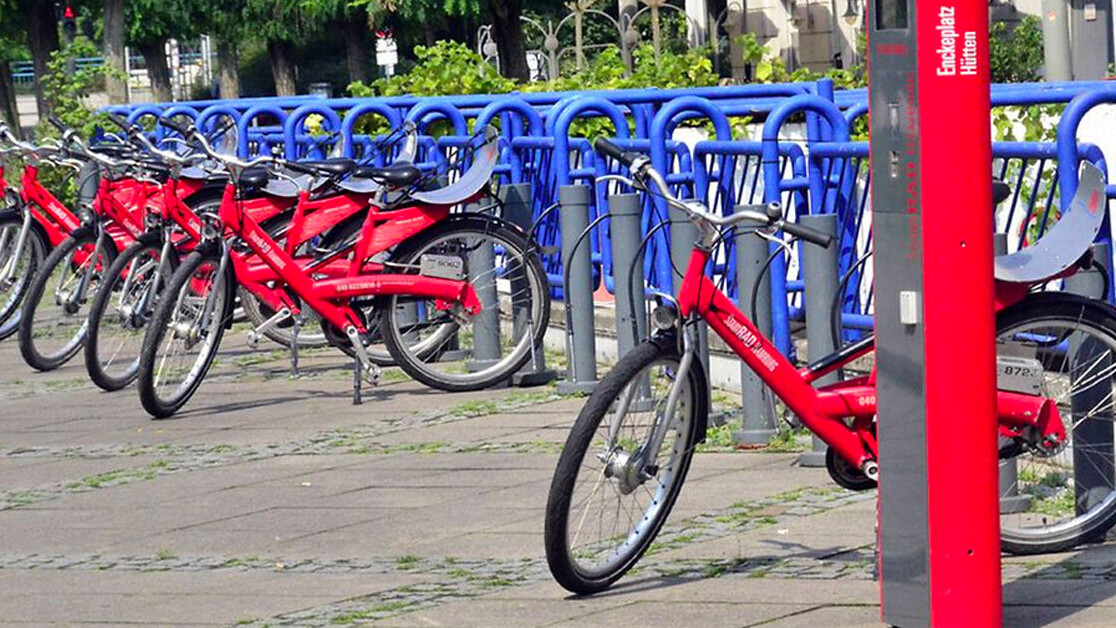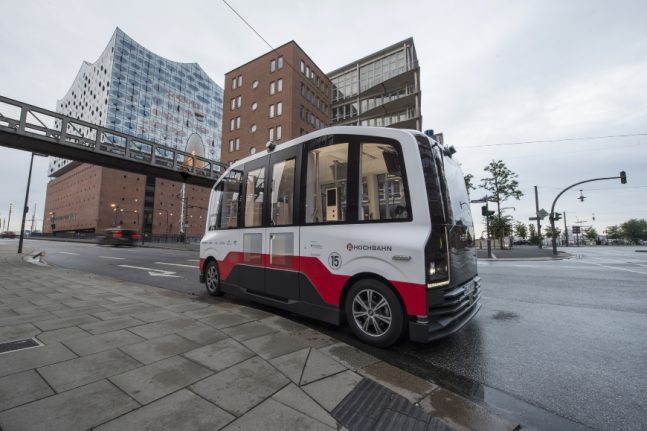This article was originally published by Christopher Carey on Cities Today, the leading news platform on urban mobility and innovation, reaching an international audience of city leaders. For the latest updates follow Cities Today on Twitter, Facebook, LinkedIn, Instagram, and YouTube, or sign up for Cities Today News.
Hamburg has seen a 33% rise in cycling during 2020, according to data from the German city’s new bicycle counting network HaRaZäN.
The network, which launched earlier this year, uses data from 55 thermal imaging cameras to anonymously record the number of cyclists at a number of key points across the city.
Data was previously collated using manual counts, and the city says the new cameras will provide a more comprehensive overview given that they monitor cyclists 365 days a year.
Sebastian Troch, Head of Road Management and Intelligent Transportation Systems (ITS), City of Hamburg, told Cities Today: “The idea for the project was born in 2018 when we began to plan and successfully applied for national co-funding.
“We think thermal cameras are a good chance to get better and more accurate information about cycling in the city.”
The data collected will be used to help traffic regions adapt to the changing needs of transport and make cycling improvements. There are plans to expand the number of cameras to 100 over the coming years.
[Read: ]
The bicycle counting network is one of 85 ongoing projects in the city’s ITS strategy and has received over €690,000 (US$841,000) in funds from the German Ministry of Transport and Digital Infrastructure (BMVI) as part of its Digitalization of Urban Transport Systems guidelines.
Data collected will be anonymized and made available to the public, so it can be used to develop new tools and apps for cyclists. Initial data has already been published on the city’s Urban Data Platform.
ITS World Congress
Hamburg and the BMVI are currently preparing to host the world’s largest ITS World Congress in October 2021 with over 15,000 visitors expected. The city is positioning itself as a model and laboratory of intelligent transport and logistics solutions.
In October the city successfully trialed its autonomous HEAT minibus passenger service on a one-kilometer section of test track in the HafenCity district.
The program initially started in 2019 without passengers and at limited speeds, but has since progressed rapidly.
Using data infrastructure developed by Siemens and the Hamburg Verkehrsanlagen (HHVA), each minibus travels along a defined route at speeds of up to 25 kilometers-per-hour, using built-in cameras to communicate with sensors in the area.
It can carry up to seven passengers (though this has been reduced to three to adhere to social distancing guidelines) who can register for the trip free of charge via an app.
Almost 600 passengers used the service during October’s test period, and preparations are currently underway for the final test phase in spring 2021.

SHIFT is brought to you by Polestar. It’s time to accelerate the shift to sustainable mobility. That is why Polestar combines electric driving with cutting-edge design and thrilling performance. Find out how.
Get the TNW newsletter
Get the most important tech news in your inbox each week.







